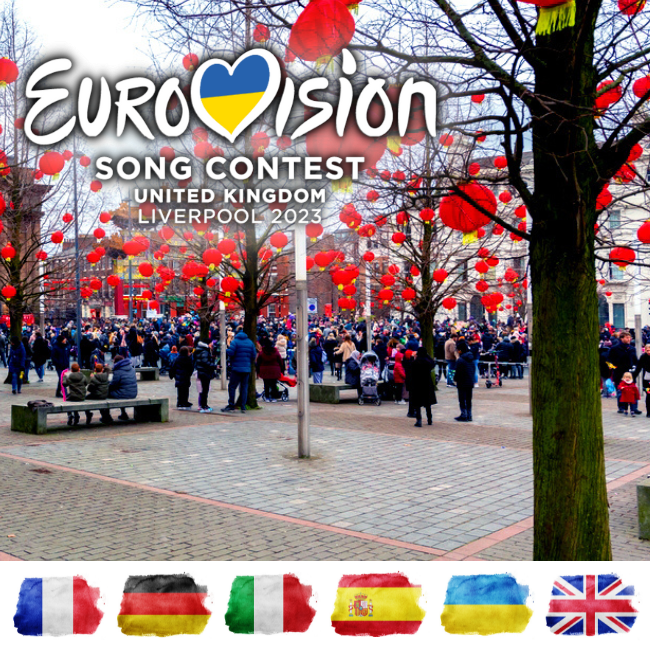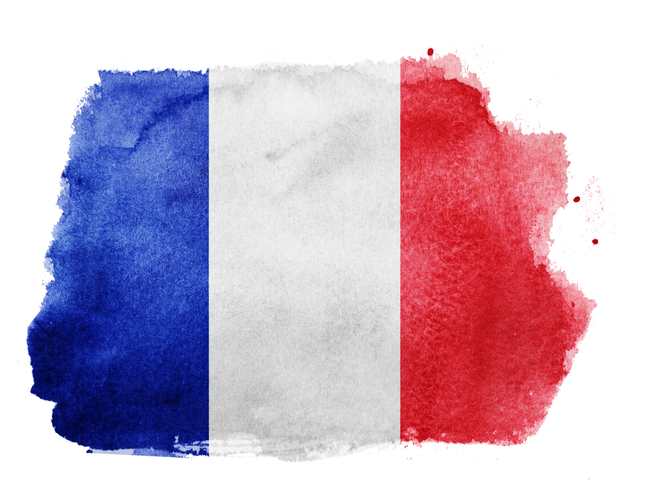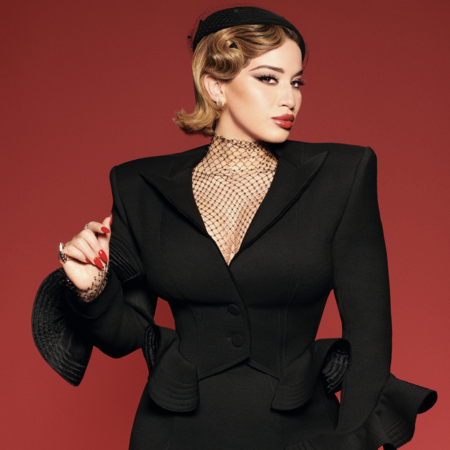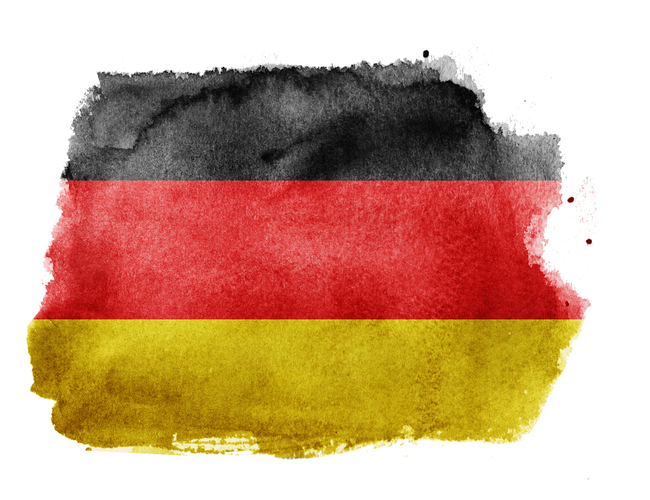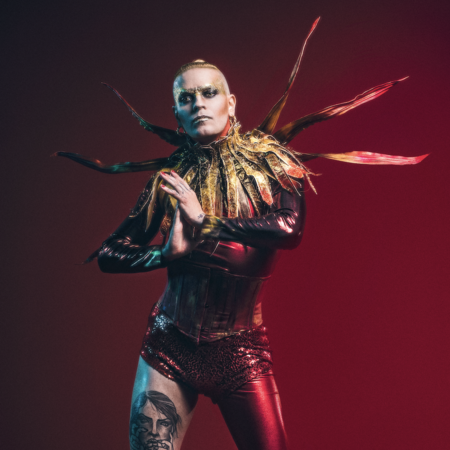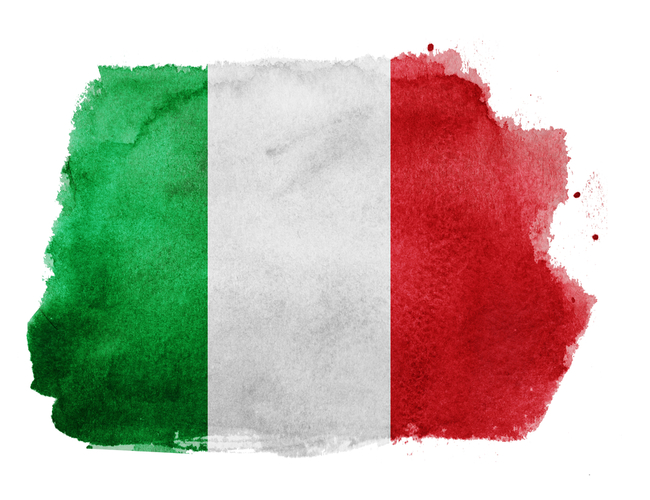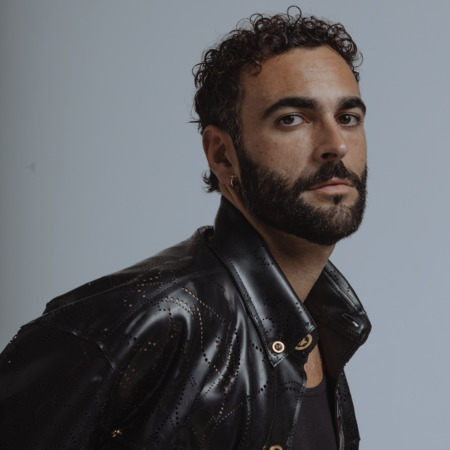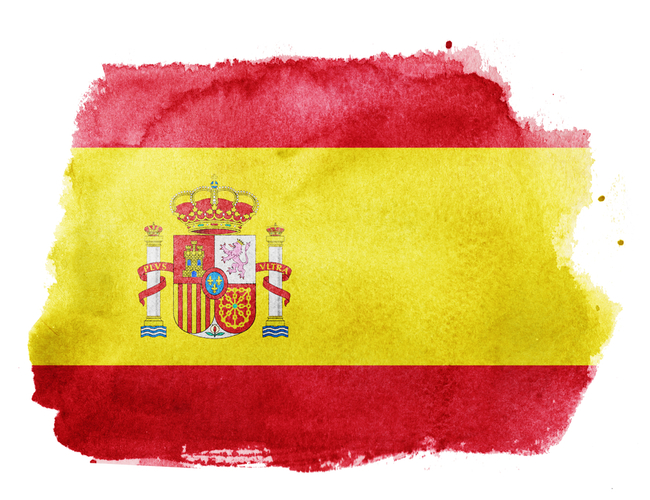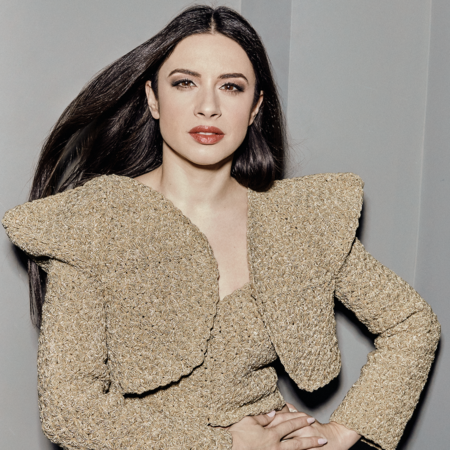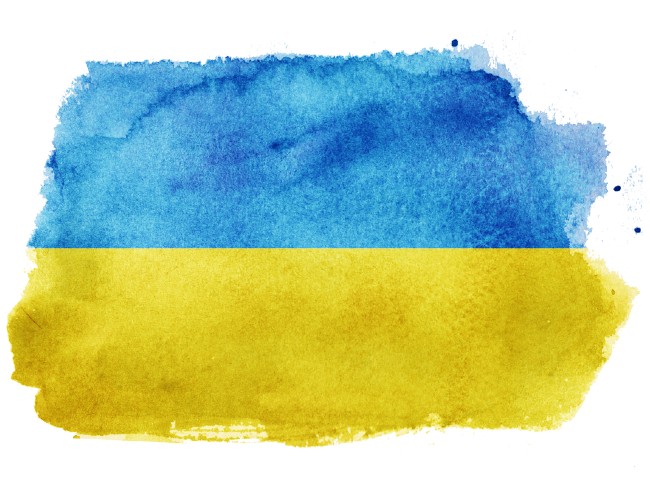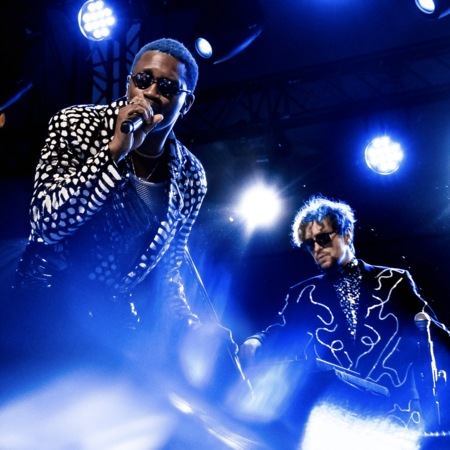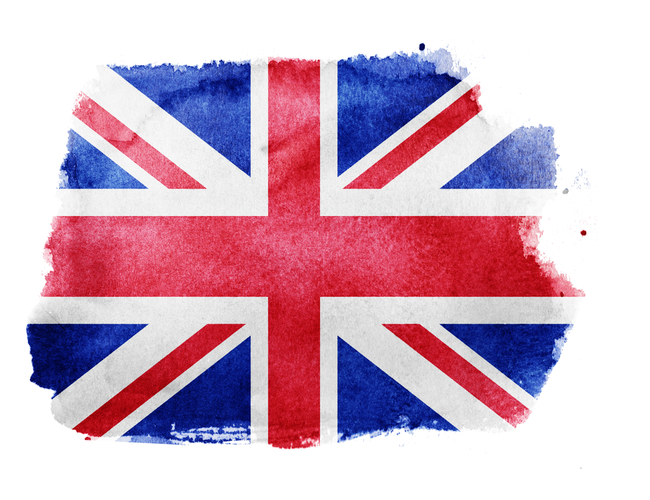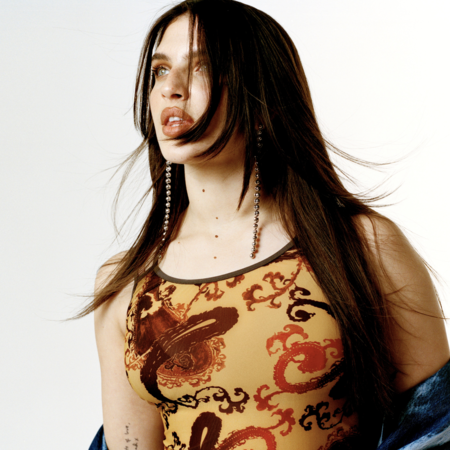What is the Eurovision Song Contest?
Started way back in 1956 as a way of drawing a fractured Europe back together with the healing power of music, the Eurovision Song Contest, or Concours Eurovision de la Chanson – the contest is telecast in both English and French – is open to all active members of the European Broadcasting Union, which oversees the competition.
Each country is permitted to submit one three-minute song to the contest – a song which is selected by a variety of means, usually a winner-takes-all competition such as Sweden’s renowned Melodifestivalen – which their selected entrant performs in one of two semi-finals in the hopes of making it to the glittering grand final.
Only six countries have direct entry into the grand final:
- The Big Four who fund most of the contest – UK, Germany, France and Spain
- The host country (which is the winner of the previous year’s contest)
- Italy, who didn’t take part for many years and was re-admitted in 2011 after a 14 year absence (it was one of seven countries that competed in the first event), making the Big Four the Big Five.
The winner is chosen by a 50/50 mix of viewer votes (you cannot vote for your own country) and a jury of music industry professionals in each country, a method which was chosen to counter the alleged skewing of votes based on political and/or cultural lines when voting was purely the preserve of viewers at home.
Past winners include, of course, ABBA in 1974 with “Waterloo” and Celine Dion who won for Switzerland in 1988 with “Ne partez pas sans moi”.Above all though, the Eurovision Song Contest is bright, over the top and deliciously camp, a celebration of music, inclusiveness and togetherness that draws annual viewing figures in the hundreds of millions.
This year’s event
Sporting the theme “United by Music”, the Eurovision Song Contest 2023 is being co-hosted by 2022’s winner Ukraine (“Stefania” by Kalush Orchestra) and runner-up the UK. Traditionally the winner would host but Russia’s invasion of Ukraine in February 2022, which is ongoing, has meant that’s not possible so the contest will be held in Liverpool, with the event hosted by Ukrainian and UK presenters and a clear emphasis on the unity in music that Eurovision has always celebrated.
FRANCE: “Évidemment” by La Zarra
THE ARTIST
We are getting all the Édith Piaf-Audrey Hepburn vibes from France’s representative to Eurovision this year.
Fatima-Zahra Hafdi, known to her audience as La Zarra, is a singer-songwriter who hails from Montreal, Canada (she’s only the second Canadian to represent France, following in the maple leaf-clad footsteps of Natasha St-Pier in 2001), who hit the big time in 2016 when her debut single, “Printemps blanc”, which she recorded with French rapper, Niro, was released.
Things only got bigger and better from there when her 2012 single “Tu t’en iras” got tons of airplay, was certified platinum by Syndicat National de l’Édition Phonographique (the governing body of the French recording industry) and no doubt played in her being nominated for the NRJ Music Awards, along with her debut album Traîtrise making noticeable waves.
She is described in her official Eurovision bio as “[a] timeless Parisian disco queen” which neatly captures the aforementioned retro influences, along with what the bio says is “a sprinkling of Lady Gaga’s postmodernism”.
With those kinds of pop cultures influences in the mix, how could she fail to make an impression this year?
THE SONG
Honestly, it’ll be hard to see “Évidemment” (“Obviously”) not garnering some attention, and hopefully, since that is the best Eurovision is in, some votes.
A gloriously intoxicating mix of classic French chanson and more modern disco sounds, the song, and what looks like a captivating performance, is one of those numbers that should hopefully broach the generational divide.
Written in concert, so says the bio, with “writer Benny Adam, with legendary producers Banx & Ranx who have been responsible for mega hits performed by the likes of David Guetta, Dua Lipa and Ellie Goulding”, “Évidemment” is a joy to listen to, its seductively listenable effect enhanced by classily creative costuming and a voice that nails the emotiveness of the piece while still sounding playful.
It’s a winning combination, and while France has sadly not attracted huge numbers of votes in the past for some high quality acts, you have to hope on the back of a well-received first rehearsal which has seen France firm to third most likely country to take out this year’s contest, that it will do very well because it deserves to.
GERMANY: “Blood and Glitter” by Lord of the Lost
THE ARTIST
Now if you’re thinking that the one thing Eurovision doesn’t have this year – YET! I caution you, YET – is an industrial metal band then you, my prematurely deaf friend, are in luck!
Land of the Lost are here to slay ballads and sweetly charming pop with frontman Chris “Lord” Harms, joined by Class Grenayde, Gared Dirge, Pi and Niklas Kahl ready to raise the volume and then some in Liverpool.
Kicking off as a solo project way back in 2007, Lord of the Lost became a full band when Harms realised he need a full complement of musicians to do his sound justice, releasing their first single in 2009, a debut album the next year when they toured extensively internationally.
The gender-fluid band have continued to find considerable success with their most recent long-player, Blood & Glitter, which also happens to be the name of their entry song, shooting to the top of the charts with less than a week of pre-orders, a feat only topped, or equalled by the fact that once they have dusted all the Eurovision glitter of their colourful outfits, they are heading out to support Iron Maiden on tour.
Lest, you think Harms might be a cold soul with a heart of solid metal through which no emotion can percolate, the band’s official Eurovision bio assures us, and honestly it’s a meeting of The Dodo and Eurovision that brings all the feels, that the lead singer “has a heart of gold, adopting two kittens that were found abandoned on a street in Poland [who] now have a very happy homelife in Hamburg.”
While you falling into an avalanche of awwwws, you might wish to pause and wonder if this mix of metal and emotional mush will take Land of the Lost, and thus Germany, to musical glory in Liverpool …
THE SONG
Well, if you love a mix of screaming and emotive metallic epic ness, you are going to fracking LOVE “Blood & Glitter”; if you don’t, then back to France with you my ear-protecting friends.
The thing is, if you peel back the intense vocal delivery, which actually has some unexpected emotional presence, there’s a lot of lyrical introspection and some melodic beauty tucked away in amongst all the immediately noticeable noise.
The song is actually catchy as hell, with some real substance and weight to it, musically and lyrically and while it’s not going to coat Germany in all the Eurovision glory, it might actually sneak in and do rather nicely, riding on the Lordi effect which proved Eurovision is not yet for the musical retirement home, and which, with Finland, also going down the pop/metal route, could mean the contest really rocks its proverbial socks off this year.
ITALY: “Due Vite” by Marco Mengoni
THE ARTIST
Sporting the kind of movie idol looks that make women and a sizeable number of men swoon, Marco Mengoni is no stranger to the glitter-covered (see Germany for while there will be more of the small shiny stuff than normal this year) halls of Eurovision.
A decade ago, the singer reached 7th spot at the Eurovision Song Contest in Malmö, with his song “L’essenziale” going on to do big business on the European charts after the event wrapped.
A winner of the third season of the Italian take on X-Factor in 2009, Mengoni had already sold quite a lot of records by the time he made it to Eurovision (following his win at the 63rd Sanremo Music Festival which selects the Italian Eurovision entry each year), and even more since, some 2/8 million in fact, with the singer entering the Top 10 Italian Singles Chart a grand total of 15 times.
Yes, fifteen glorious times with his official Eurovision bio noting that his seven albums have between them gone 69-times platinum.
So, clearly the man can sing and make his presence felt, all of which should mean he’s going to do rather nicely in Liverpool?
THE SONG
He could very well do just that.
While “Due Vite” sounds like cookie cutter Italian ballad musicality, what you need to keep in mind is that the Italians do that kind of singing brilliantly and affectingly well and Mengoni in particular.
He invests all the emotions he can into the song which is as beautiful as they come; the only downside is that it sounds a little too much like business as usual for the country which, while it has all the musical class you could ask for, doesn’t seem to have gone all out to do anything noticeably remarkable this year.
Mengoni and his delicately beautiful slice of emotive pop will no doubt do well with those who like their ballads to FEEL something, but any top 10 success is going to rely solely on how impactful the performance is on the night which could elevate the song far behind its fairly phoned-in but delightfully roots.
SPAIN: “EAEA” by Paloma Blanca
THE ARTIST
Let’s hope this doesn’t go Blanca Paloma’s head but her official Eurovision bio has crowned her, and yes rather close to King Charles actually being crowned in a glittering spectacle in London, as “the sound of Spain”.
That’s quite the weight of expectation there, but you suspect the artist who is a singer, set designer and creator of costumes is more than up to the task, with a Bachelor of Fine Arts degree from Miguel Hernández University of Elche to her name and a decade-old theatre career behind her already.
She’s currently at work on her debut album which, if her Eurovision bio is anything to go by, is not going to be just any collection of songs in search of purpose, meaning or direction.
[Her album is] based on the idea of a ‘rite’ or ‘ceremony’ that connects us with what is pre-rational and instinctive; through experimentation and experience, Blanca seeks to explore the parts of our soul that go beyond words.
But lest you think the artist is to artistically ethereal to be of any earthly good, she has also raised a duck in a bathtub which, while it will be of zero use on stage – unless, of course, she’s trained the duck to sing and dance in which case, FUN! – makes her a damn fine human being and worth voting for sterling humanity alone.
THE SONG
But you must also vote for what is essentially a brilliantly catchy of cross-cultural pop!
“EAEA”, according to the bio again, is “a song rich in flamenco-inspired sounds and syncopated beats”, which it motes, “is in keeping with Blanca’s trademark style of mixing the traditional with the avant-garde and modern pop.”
It’s fantastically atmospheric and goosebump-inducing, drawing on some feisty harmonies, Paloma’s own emotive vocals, some fine dance moves and a muscularly ethereal pounding beat that delivers a real sense of time, place and presence.
This is a song that will not be denied, and it’s damn near impossible not to see this doing incredibly good things for Spain which should see a very healthy top 10 for this lively number rich in all the feels and infectiously listenable musicality.
UKRAINE: “Heart of Steel” by TVORCHI
THE ARTIST
Created by two friends who met at university, producer Andrii Hutsuliak and singer Jimoh Augustus Kehinde, TVORCHI have been around for just five short years, including a few COVID-addled ones, but in that time, they have released four studio albums – The Parts (2018), Disco Lights (2019), 13 Waves (2020) and ROAD (2020) – and garnered a humber of hit singles and, after beating Kanye West and Drake to the top chart spot with their latest album, more than tree million streams.
With some festival performances around Ukraine behind them at the likes of Faine Misto (Ternopil), Atlas Weekend (Kyiv) and Ukrainian Song Project (Lviv), and countless YouTube views and Google Play Charts action, the duo have certainly made a name for themselves with a crisp, current electronic sound.
That musical fame and fortune saw them awarded, notes Wikipedia, “the online music award Culture Ukraine in two categories: ‘Best New Artist’, and ‘Best English-language single’ for “Bonfire” … [and be nominated] for the YUNA 2021 Music Awards in four categories, including ‘Album of the Year’.
So, they know how to make people sit up and take notice but will that translate to success on the hallowed stage at Eurovision?
THE SONG
Kicking off with a full-on musical opening calling card which segues into a highly emotional verse, “Heart of Steel” is a song for the currently troubled times in Ukraine, as their official Eurovision bio makes clear.
As might be expected, Heart of Steel is about bravery. The team says the song is about being free in your actions, expressions and thoughts, and to keep going no matter how exhausted and wounded you are.
Lyrically intense and strong on social commentary without being overtly political which would naturally violate Eurovision”s rules, “Heart of Steel”, sung in English mostly but with Ukrainian in the bridge, is an arresting piece of electronica-laced urban pop that carries with an epic quality and some mightily impressive vocalisation which see it get well and truly noticed at the grand final.
As the “reigning champions” of Eurovision and in the news for reasons they would rather not be, Ukraine is bound to be in the spotlight for everything BUT music, but TVORCHI have delivered up the kind of song that demands for the country to be seen for the musical powerhouse that it is and to be considered for all the right reasons at this year’s contest.
UNITED KINGDOM: “I Wrote a Song” by Mae Muller
THE ARTIST
The 25-year-old Londoner is a singer-songwriter who, her Eurovision happily declares, “writes honest, sassy pop music”, something she started rather early on with the granddaughter of a Holocaust survivor, beginning to pen her own tunes at the tender age of eight.
But wait that wasn’t the extent of musically prodigious accomplishments – in 2007 she also appeared in the “Grace Kelly” video with one of last year’s Eurovision’s hosts, Mika, and by 2017 she had recorded some demos which were uploaded to Soundcloud, leading to her being signed by her manager and her debut EP, After Hours, being released in early 2018.
Whoosh! That was fast, follow by second EP, Frankly, late the same year, with a signing to Capitol Records coming in the wake of that flurry of releases.
Listing Gwen Stefani, Lily Allen, and Florence and the Machine among her musical influences, Muller has built beautifully on all that early success and stands well poised to echo Sam Ryder’s success for the UK at last year’s contest in Italy.
THE SONG
It helps that has an absolute banger of a song, “I Wrote a Song” on her hands.
Written, notes her official Eurovision bio, “Brit Award nominated songwriter Lewis Thompson and Karen Poole, who has written for the likes of Kylie Minogue, Lily Allen and David Guetta”, the song is a tale of love gone wrong and the way in which the singer decides the best way to get even is not to take stereotypical revenge by trashing his onetime lover’s car or trashing him in front of his friends, but to put it all down in music.
Hence, we get “I Wrote a Song”, a song so compulsively and catchily listenable that it attracted the attention of this reviewer way before he released it was a Eurovision entry.
It popped up on the radar as just as a damn good song which augurs well for it, and by extension, Muller and the UK to do big business at Eurovision this year and to reaffirm that Britain is back baby in a big way!
EUROVISION 2023 EXTRA EXTRA!
All the world’s a stage, especially at Eurovision … and especially when opened by King Charles and Her Majesty The Queen Consort …
In other exciting news, the rehearsals are well and truly underway with a number of artists making it clear this is going to a great year for the Eurovision Song Contest, and reminding us that while studio versions of the entry songs give a salient indication of what will do well, it is the live performances that really matter, and these sneak peeks remind you that the favourites always shift in their wake as we see what each representative in capable of on that big arena stage …
